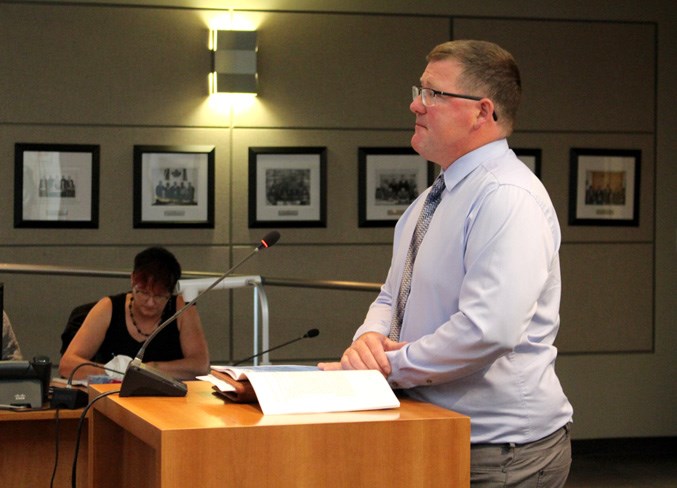The MD of Bonnyville is taking another step toward having an agriculture plastics recycling site.
Council voted in favour of applying to be one of 20 collection sites for the Agricultural Plastics Recycling Group’s (APRG) pilot project during their regular meeting on July 24.
In the spring, the province announced Cleanfarms, a non-profit environmental stewardship organization, would be the administrator for the pilot project moving forward.
Matt Janz, general manager of environmental and protective services for the MD, said Cleanfarms still isn’t sure what the program will look like at this point.
“They wanted to initially start these collection sites towards the end of 2019, get those worked in, and then look for additional ones after,” he explained.
Although there wasn’t a lot of information available, CAO Luc Mercier suggested the municipality move ahead with their application.
“This is something that could benefit the region, and it could also be potentially beneficial to our MD if we can put it in with other programs that we could potentially offer. We’re just recommending we stay in the program for now, and we can opt out later on if we find that it’s going to be too much of a risk for us,” he detailed.
In January 2019, the provincial government announced they would be contributing $750,000 toward the project over three years.
At their March 6 meeting, council sent a letter to the APRG expressing their interest in becoming an operator of one of the collection sites and also reached out to other communities for support with their bid.
According to Janz, they received responses from St. Paul County, County of Two Hills, Lamont County, County of Minburn, and County of Vermilion River.
“Most of their concerns were they didn’t want to commit to saying, ‘yes, we’ll give support to the MD of Bonnyville on their program,’ because they were in limbo with us not knowing what this provincial program was going to look like.”
Cleanfarms did inform MD representatives they would pay $55 per tonne of clean product collected, which Janz described as very little.
Council raised the issue of handling agriculture plastics that wouldn’t be accepted due to contamination, and if it would cost the municipality money in the long run.
“It would have to be scrutinized very closely, especially if there’s other municipalities shipping here, that there would be quality control and insurance to ensure that we wouldn’t have to double-handle the materials,” Janz explained.
Cost efficiency was an important aspect for Reeve Greg Sawchuk.
“We’d be receiving product from other municipalities in regards to these plastics and they have to be clean. They’re only allowed a certain amount of spoilage in there, and then the equipment they have for processing can’t do the job so they turn it away,” he detailed. “Now, that problem plastic coming from another municipality would be our problem. That’s going to be something that we’re going to have to watch very closely if this proceeds, that everyone is well aware that if you’re shipping product to wherever, to another location or to ourselves, that the product is clean and the receiving municipality isn’t going to be on the hook for your waste.”



